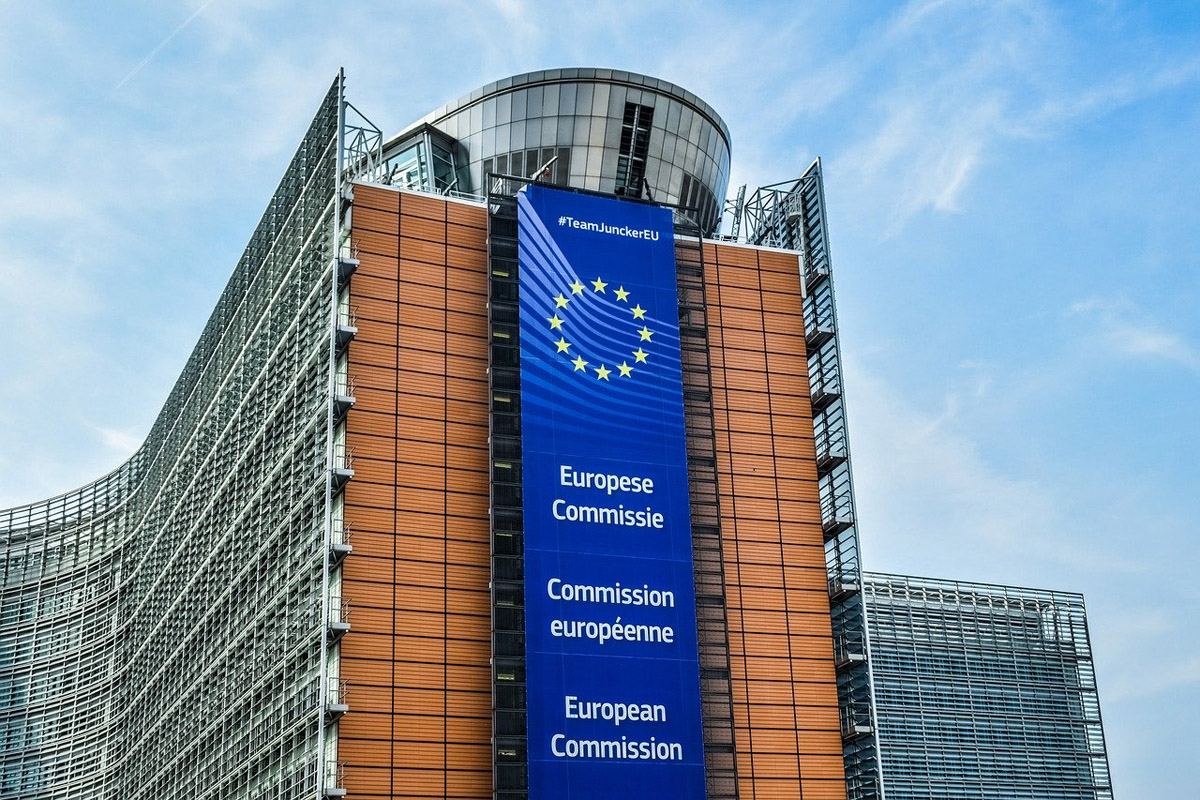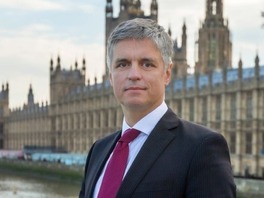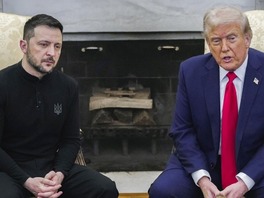Despite all the fears, the 22nd EU-Ukraine Summit was peacefully held in Brussels on October 6. Some experts’ apocalyptic predictions regarding the abolition of the visa-free regime for Ukraine did not come true. The Summit did not lead to any great breakthroughs in EU-Ukrainian cooperation. At the same time, despite the discussion of rather sensitive issues, the Summit did not result in another scandal. Kostyantyn Gryshchenko, diplomat, Ukraine's ex-Minister of Foreign Affairs gave an exclusive interview to Apostrophe regarding the results of the 22nd EU-Ukraine summit.
Before the summit, Ukrainian media presupposed that the European Union would question the operational rules of Ukrainian anti-corruption bodies. However, I think that the EU has also begun to realize the current inefficiency of these bodies. Therefore, the pressure in this regard has been quite moderate. The thing is, that for the EU it is is no longer the question of how much influence and power the anti-corruption bodies should have, but whether the system would ultimately work. If Ukraine claims the system works, the Europeans are more or less satisfied.
Regarding the fears provoked by the possibility of the visa-free regime abolition, it is necessary to understand the following. Firstly, such statements were made mainly by individual European politicians, but not by the EU Commission officially. Secondly, at this stage, I think, Europe is not ready to punish millions of Ukrainians for the government's inability to cope with corruption issues. Indeed, there is an understanding that visa-free travel is granted by the preceding Association Agreement. Thus, the violation of this agreement may result in its abolition.
Joint statement following the 22nd EU-Ukraine summit also mentioned the launch of the pre-assessment on Ukraine's preparedness on an Agreement on Conformity Assessment and Acceptance of Industrial Products. An "industrial visa-free travel" is, in essence, a signal of the EU's openness and readiness for further cooperation. This question has been discussed for a long time, meaning Ukraine's aspirations were finally taken more seriously. However, it is not a “one-way move”. To implement the decision, Ukraine must fulfill the requirements regarding its investment climate.
While discussing the Donbas situation, both Ukrainian and European sides did not have any contradictions on continuing efforts to peacefully resolve the conflict per the Minsk agreements. Thus far, a better solution has not been offered. Therefore, the EU and Ukraine stressed the importance of implementing the measures in view of the full implementation of the Minsk agreements. We can only work on making these measures acceptable for Ukrainian society.
At the press conference held after the 22nd EU-Ukraine summit, President Zelensky recalled his initiative to create a Crimean Forum (discussion platform regarding the de-occupation of the peninsula). There are some doubts regarding the effectiveness of an akin forum in terms of returning Crimea to Ukraine. Nevertheless, it would at least return the Crimean issue to the international agenda. The failure to address Crimea's return has been a major mistake of the current government.






